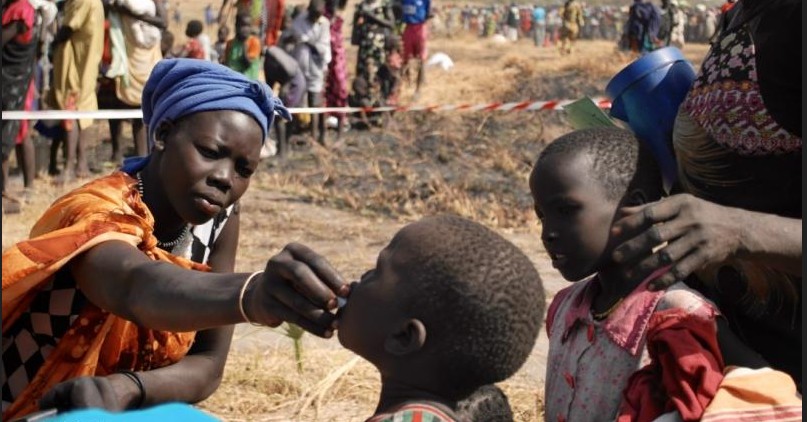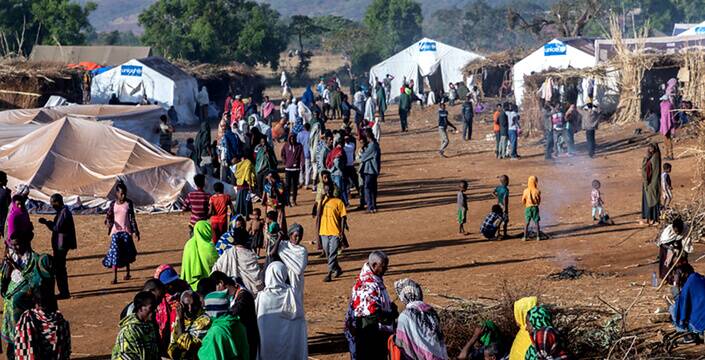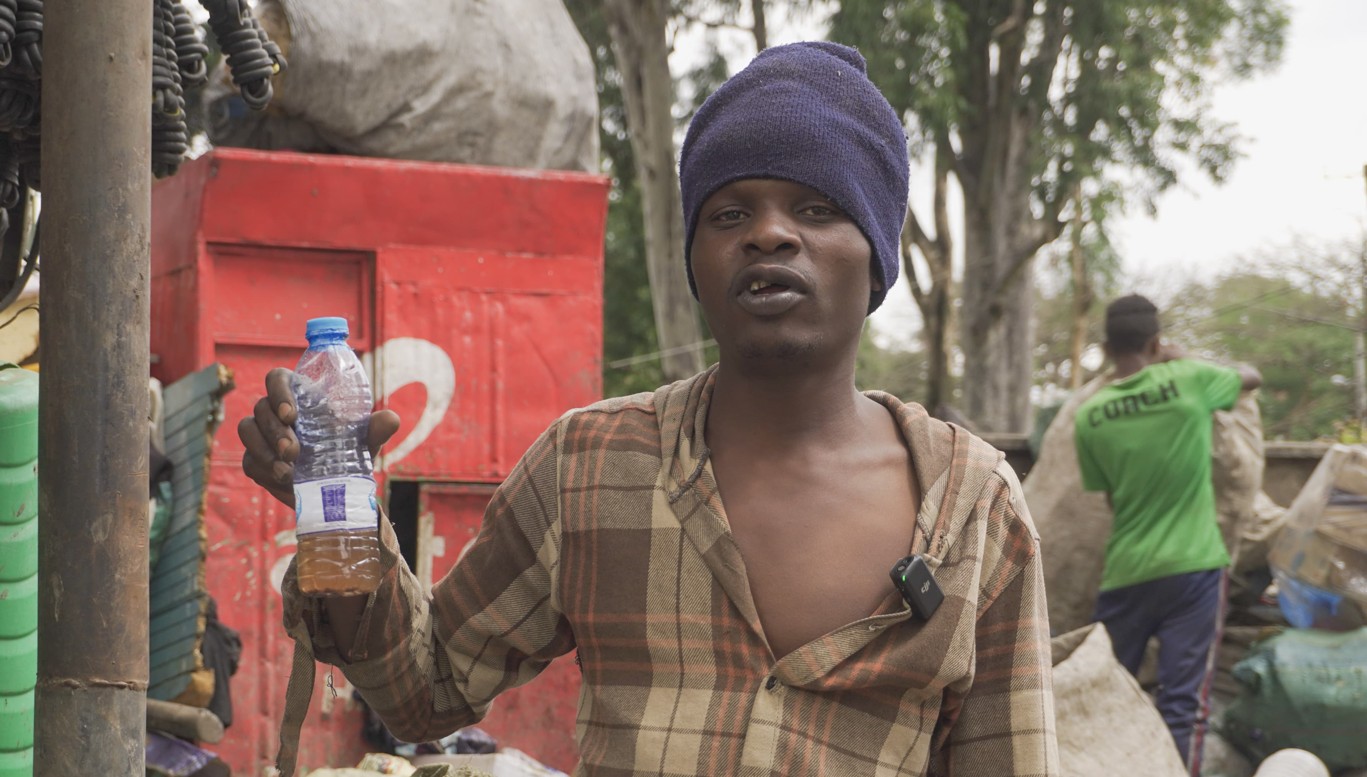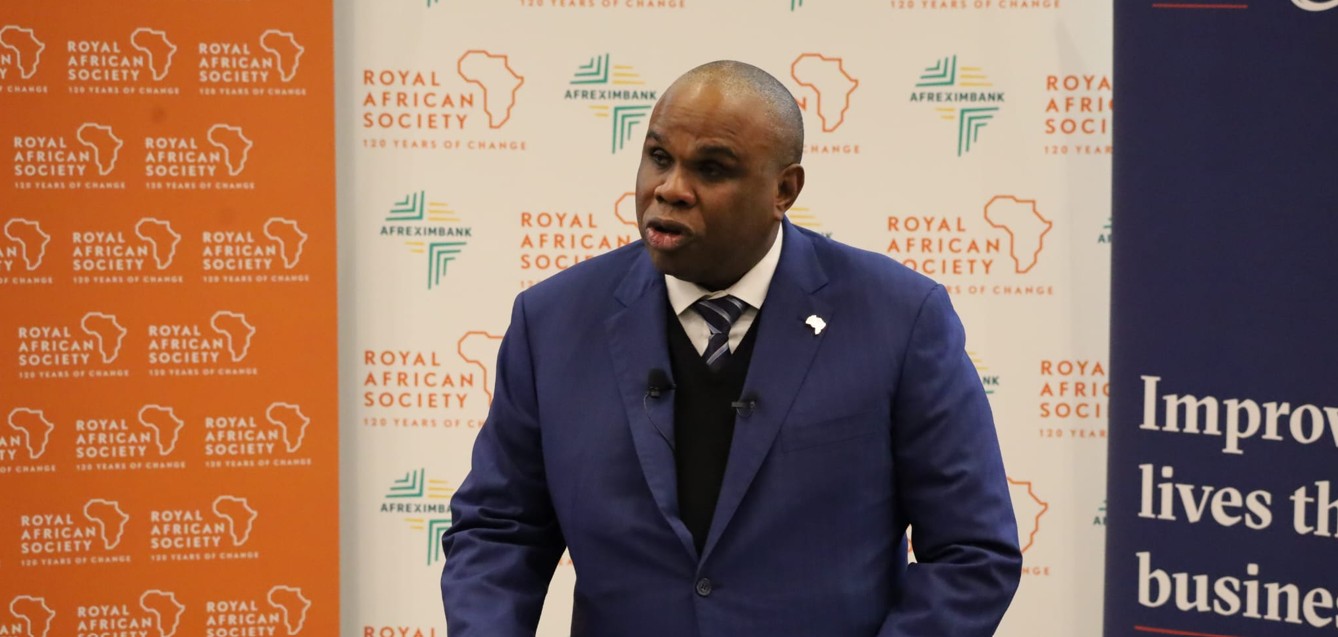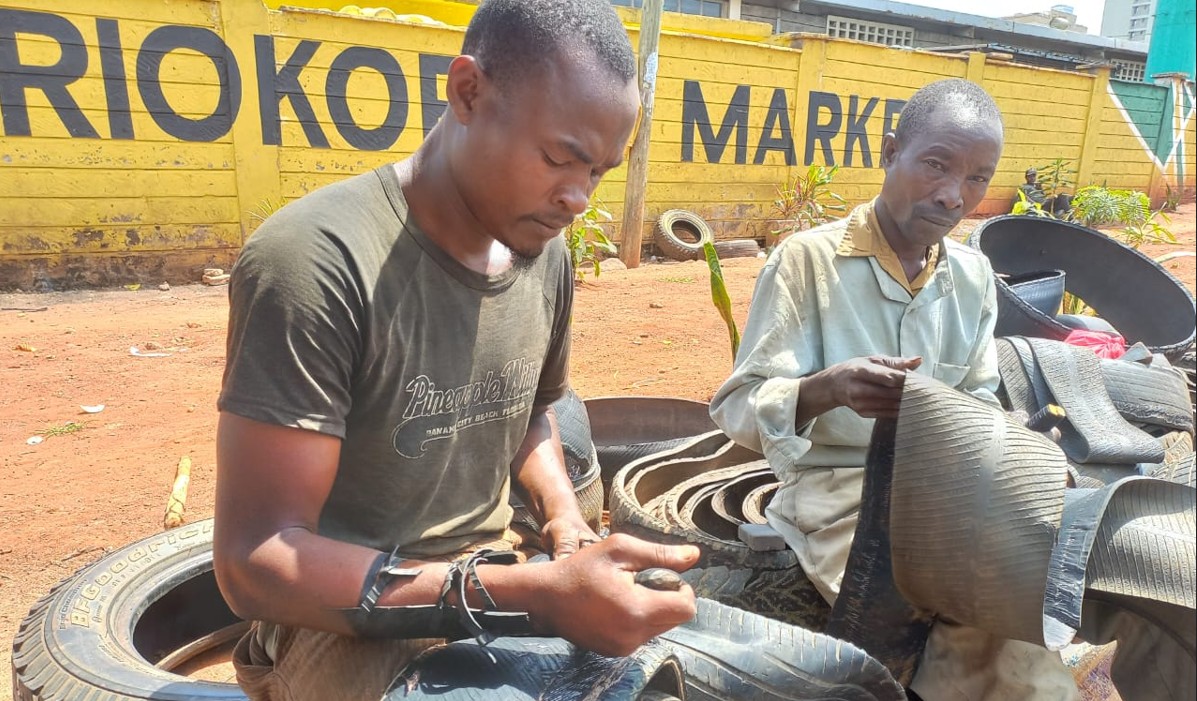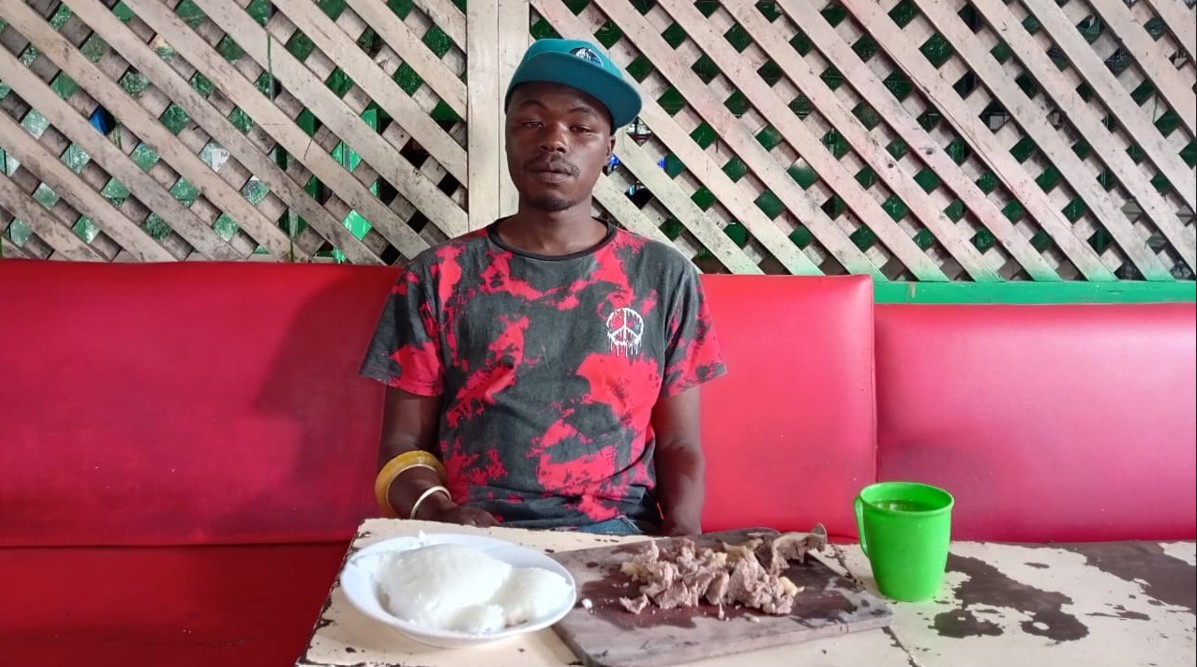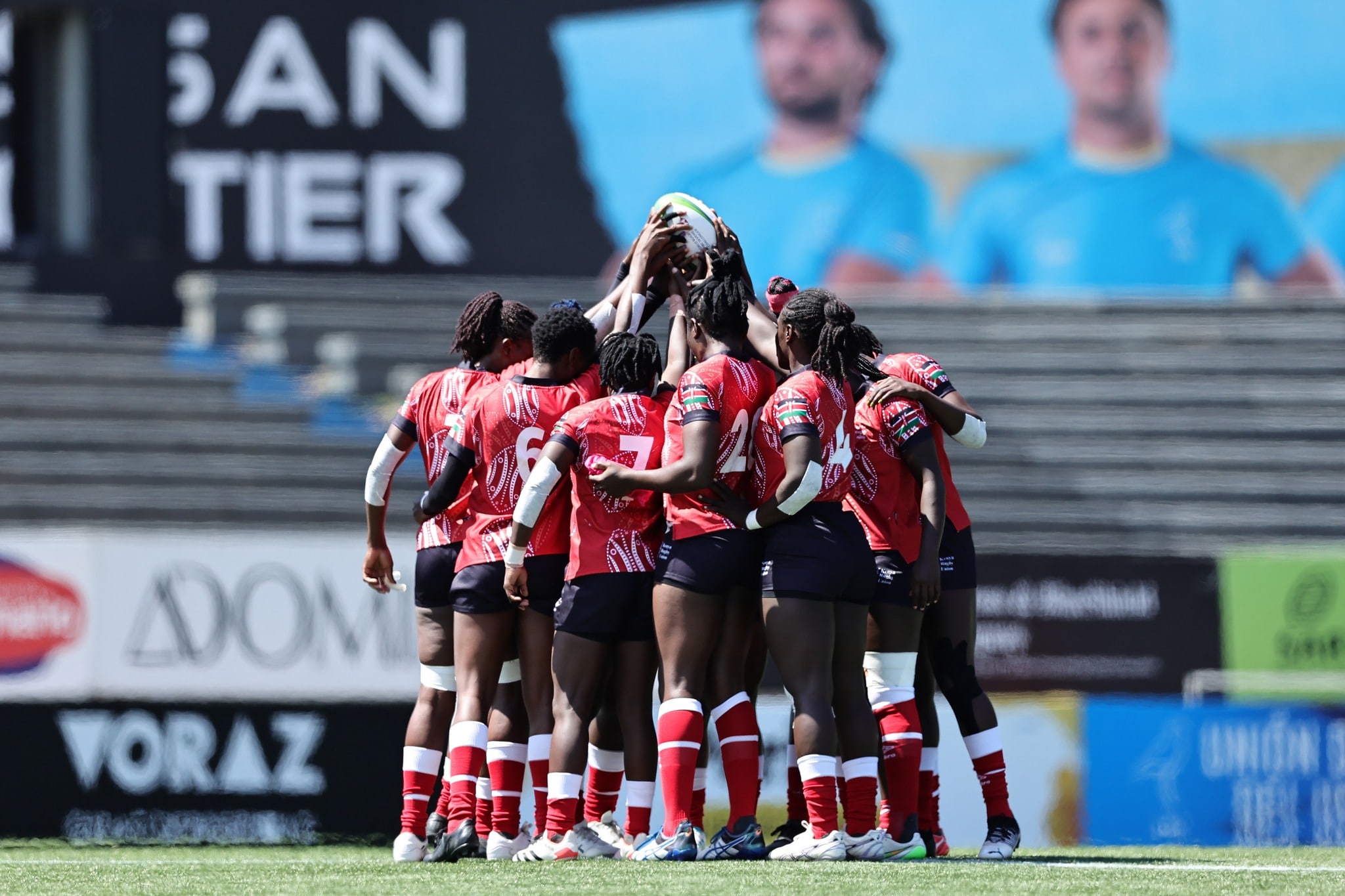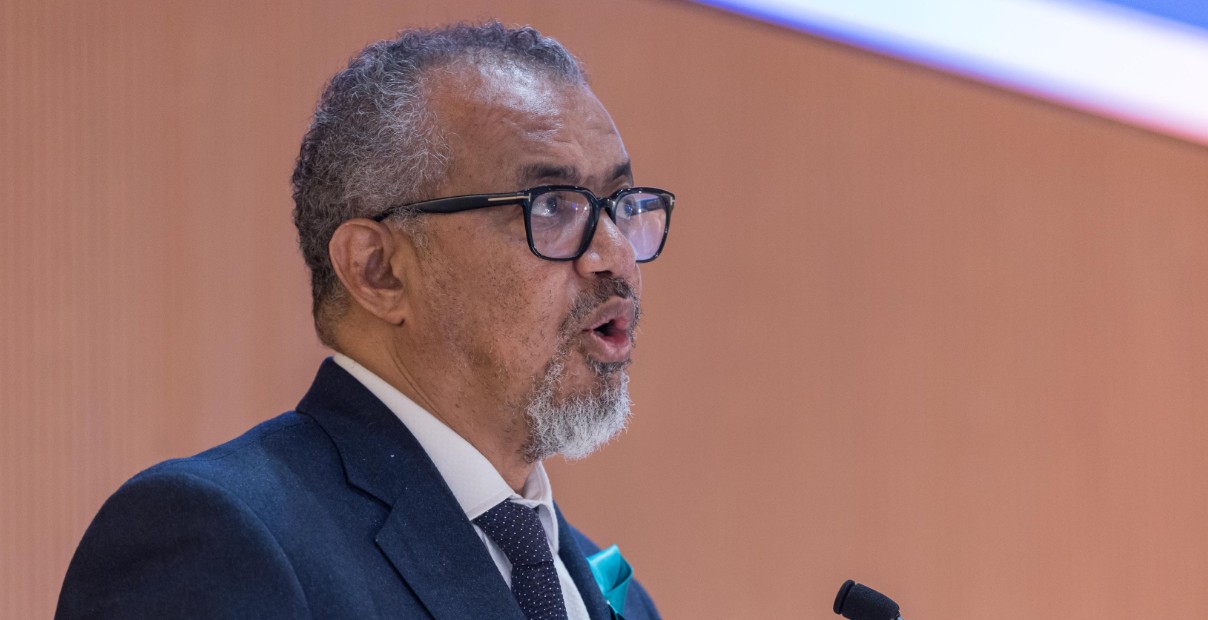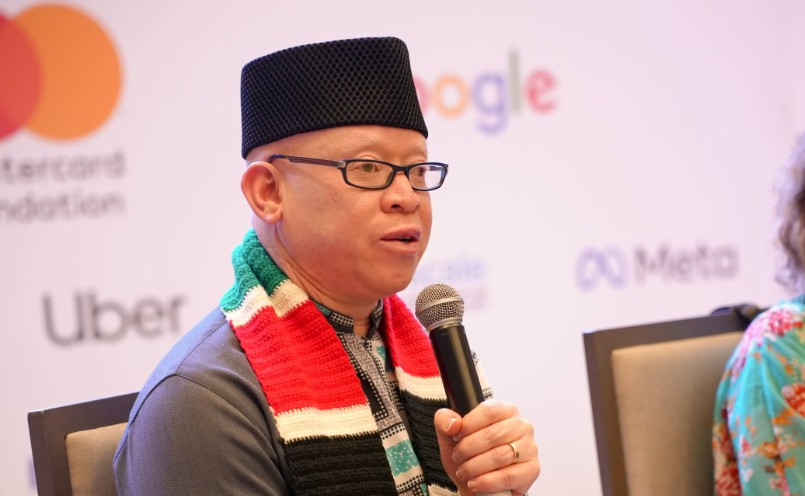"I didn’t know he was dying or when he was cremated", Ngugi wa Thiong’o’s son opens up on family division
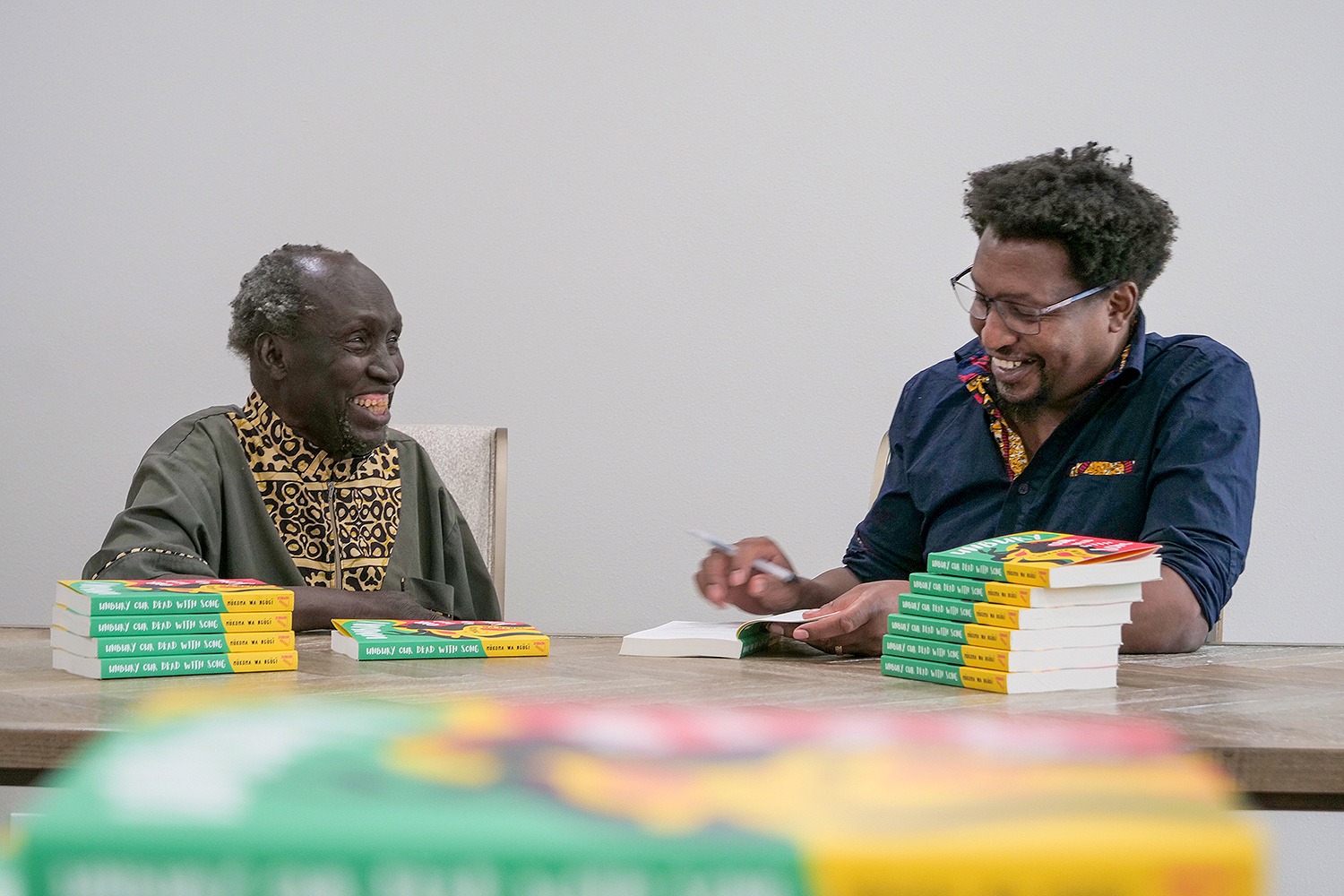
Mukoma described a relationship marked by tension and silence, far from the image of peaceful farewells often imagined.
Ngugi wa Thiong’o’s son, Mukoma wa Ngugi, has revealed painful memories of estrangement and unresolved conflicts that shadowed the final years of the celebrated writer’s life before his death.
Speaking during an interview with the Nation in Nairobi, Mukoma described a relationship marked by tension and silence, far from the image of peaceful farewells often imagined.
More To Read
- Kenya’s literary icon Ngũgĩ wa Thiong’o cremated in US as family fulfils his final wish
- Nuria Bookstore celebrates literary icon Ngugi wa Thiong'o
- Five things you should know about Ngũgĩ wa Thiong'o, one of Africa’s greatest writers of all time
- Ngũgĩ wa Thiong'o: A legacy of literary greatness and unfulfilled Nobel Prize dream
- Kenya and world mourn literary icon Ngũgĩ wa Thiong’o, champion of African languages
- Literary icon and revolutionary Ngũgĩ wa Thiong’o dies at 87 in Atlanta
Renowned Kenyan writer Ngugi wa Thiong’o was cremated in the United States according to his final wishes, a decision that reportedly ignited a family feud.
Mukoma confirmed that his father had requested to be cremated where he died, despite cremation not being part of African tradition. He noted that the family honoured his wish, but many relatives were left unaware until after the fact.
Professor Ngugi wa Thiong’o passed away on May 28 in Atlanta, Georgia, aged 87. As one of Africa’s most influential literary voices, his work was widely read both in Kenya and globally. He spent much of his later life teaching at universities abroad.
Mukoma, the fourth child of Ngugi and his first wife Nyambura wa Ngugi, emphasised that he has always been outspoken. He noted that his father had always taught him to be honest.
“In a way, he brought me up to be a truth-teller as best as I can. So, I can’t lie and say we spent the last few months together laughing and blah, blah, blah. No, it was full of tension and our family was divided,” he said.
According to Mukoma, he and his father became estranged in the final days of the celebrated writer’s life. He even noted that he was unaware of his father’s critical condition until one of his brothers informed him that Ngugi was dying.
“I actually didn’t know he was dying until one of my brothers called me and said that he’s dying. I didn’t know he had gotten cremated because it started a whole family feud. But the one thing I can say about that is that I told the truth, and my conscience is clean. There’s nothing more,” he said.
When asked if he got to say goodbye, Mukoma said, “No, no, I did not, I did not get that chance because of the family feud. As happens with most families, there was a division. My siblings can explain for themselves why they decided not to tell me.”
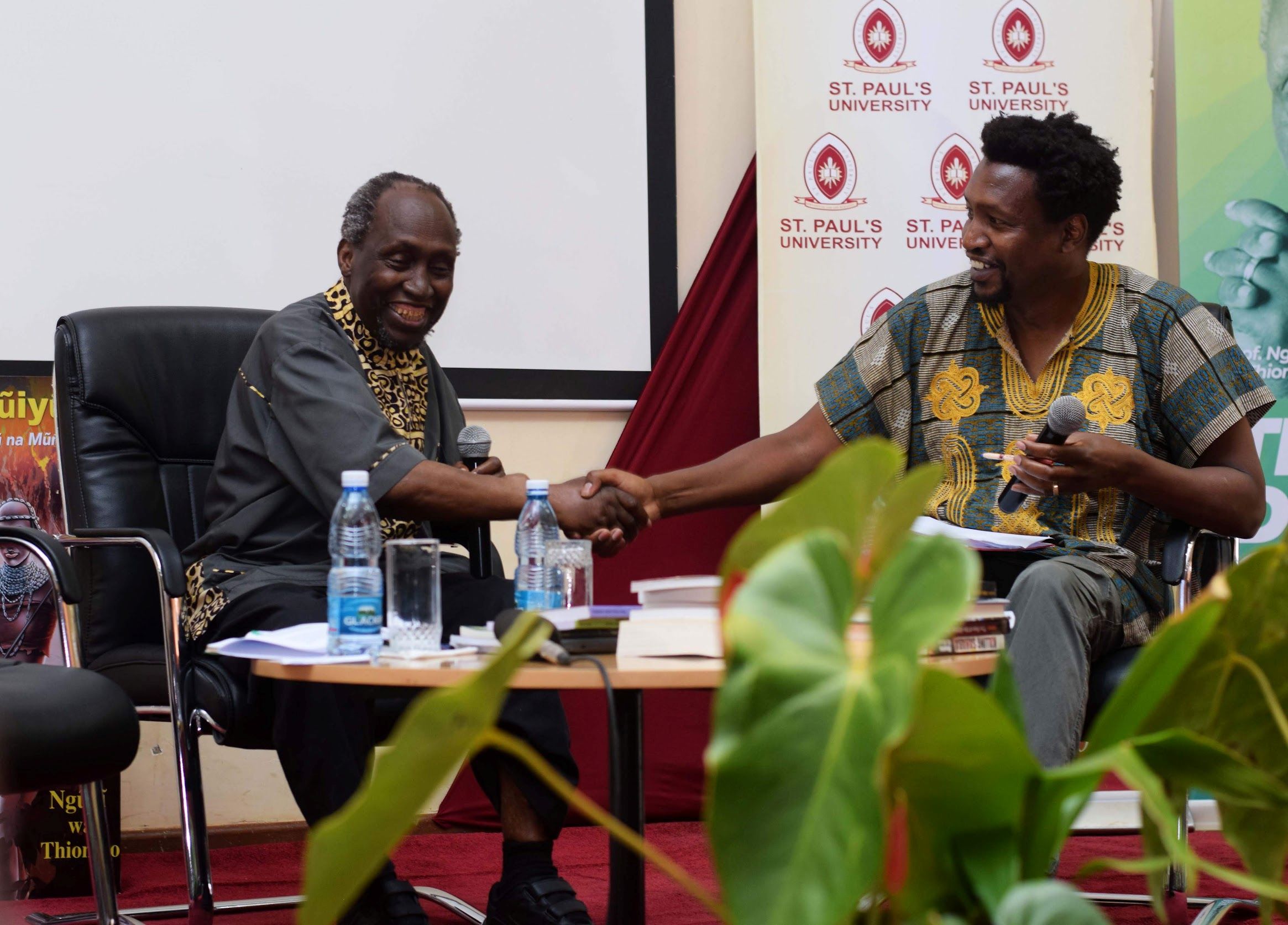 Ngugi wa Thiong’o’ with his son Mukoma wa Ngugi during a past event. (Photo: X/ Mukoma wa Ngugí)
Ngugi wa Thiong’o’ with his son Mukoma wa Ngugi during a past event. (Photo: X/ Mukoma wa Ngugí)
Regarding the cremation, Mukoma said he was not the only family member unaware. He noted that while he was still grieving and mourning, he did not have full knowledge of the plans made by the family.
“But I don’t want to get into that too much because I also don’t know. I’m in mourning, I’m in grief, but I also don’t know what’s been planned. But I do know, because I’ve been here in Kenya for two days now, that a lot of people are asking for a ceremony because people need closure. I know the larger Thiong’o family is asking the same questions. The writers are asking the same questions. I don’t have an answer unless somebody tells me. But part of it is because, you know, I’m not the family’s spokesperson,” he said.
Mukoma also praised his late mother’s role in shaping Ngugi wa Thiong’o’s legacy.
“That’s a tough one. But if you read The River Between, there’s a Nyambura there. I would say in so many ways she’s the unsung hero of his becoming a hero for millions of people. But it’s not just her, though. You can talk about Winnie Mandela, you can talk about Shirley Dubois, you can talk about all these women who have been involved in the struggle. Maybe we should rephrase the question and say: Why don’t you remember the people who made what we call revolutionaries possible? Maybe we should rephrase the question and say: What’s wrong with us that we don’t recognise or we are so eager to recognise one person as opposed to the other people who made that person possible?” he posed.
Mukoma further said he does not feel burdened by carrying his father’s name. He explained that, unlike children of political figures associated with oppressive regimes, many of whom carry guilt over their parents’ actions, he and his siblings were given the gift of having nothing to be ashamed of.
He shared a lighter side of his father’s personality, recalling how Ngugi wa Thiong’o would often laugh about people expecting to meet a tall, imposing figure, only to find a short and humble man. He described his father as consistently down-to-earth and genuinely interested in engaging with people. Despite being regarded as a mythical figure in public, Mukoma said Ngugi was often surprised by the way people reacted to him.
On whether Kenya was ever far from Ngugi wa Thiong’o’s mind during his years in exile, Mukoma wa Ngugi firmly said it was not. He recalled that even after going into exile in 1982, his father continued to write extensively, with all his novels rooted in Kenyan settings.
Mukoma said Ngugi often spent time with visiting Kenyans, asking them detailed questions about life back home, such as the cost of chai or mandazi, as a way to stay connected. He described his father’s inability to return and live in Kenya as heartbreaking, emphasising that the country always remained his true home.
Reflecting on how being Ngugi wa Thiong’o’s son influenced his life and work, Mukoma said the impact was profound. He noted that his own academic and literary path, particularly his focus on decolonisation and initiatives like establishing a Kiswahili literary prize, was shaped by his father’s legacy.
Ngugi, he said, influenced not only how he views the world but also how he envisions meaningful change, however small.
“Even the way I see the world now, but also thinking about changing the world in little ways that anybody can, I would say he’s actually the major influence in my life. I cannot deny that. So, sometime back I said I’m me because of him, and maybe that’s the best way of putting it,” hr said.
Asked what he wanted the world to remember about his father, Mukoma said simply, “A brilliant writer, a loving but flawed father who was married to my mother, Nyambura wa Ngugi.”
Top Stories Today
